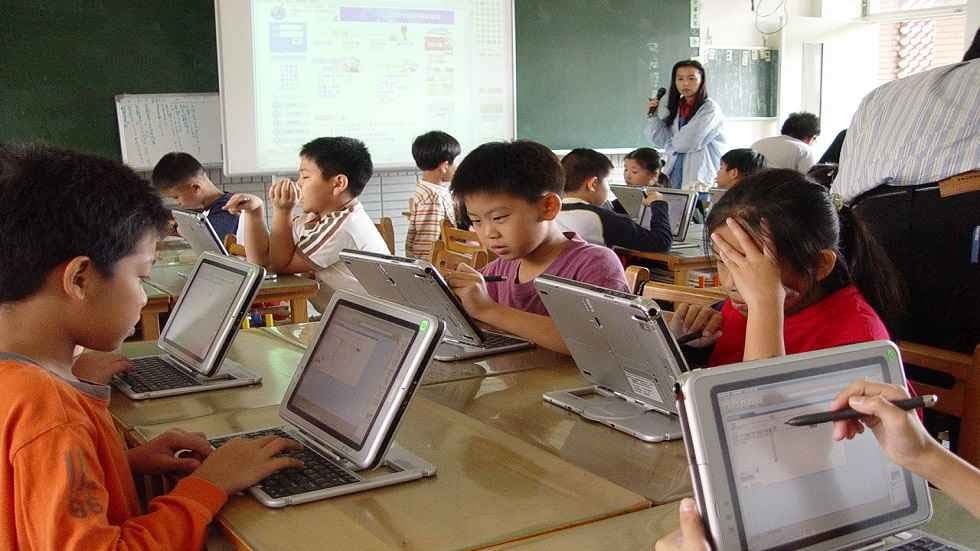Looking back at the history of education, it is fair to say that the sector is a traditionally-driven industry. In fact, education was one of the industries that pushed back the most against the introduction of technological disruption to its sector. Over time, however, it has become increasingly obvious that such an integral industry must allow for technological disruption on some level, if not for any other reason than to ensure the increase in enrolments. Education is a pillar of society, it has been since the dawn of its inception. Now, education is also finally an inclusive industry, something which has strengthened it tenfold.
Regardless of if a student wants to study towards the career of a biologist, or become a certified project manager after their studies, the options for how they go about obtaining their qualification are more accessible than ever before. Online education has given students today more access than ever before to education. While traditional education still does – and always will – have its place in the global academic landscape, the realm of online education has broken down the barriers that withheld the education industry from truly succeeding to its full potential in previous years.
As long as they have access to a steady Wifi connection and a device to use, modern (and future) students have a world of academic possibility wide open to them. Students today are busier than ever, and as such they struggle to balance demanding education schedules, work, family time, moments with friends, and personal space – and everything else in between. Traditional education works wonders for thousands of students annually, but there are thousands more who either drop out, spend their time as a student stressed out of their mind, or change their mind multiple times before finally landing on a degree they commit to long enough to successfully graduate.
The magic in online education, the glue that makes it such a benefit for the global academic industry, is that it eliminates barriers that previously caused significant issues. Firstly, traditional education meant that students had to travel to brick and mortar campuses to be able to attend their classes – many of which were marked, at least partially, by attendance. Those that failed to go to their classes failed their courses, rendering the point of study moot. And secondly, traditional education often (depending on where in the world one lives) demands that classes be paid for before the commencement of each semester. Each of these fine points mean that students access is somewhat exclusive.
What online education has brought to the industry is inclusivity on an unprecedented scale. Students who struggle with the ideals of traditional education are given the opportunity to have full access to education through online education programs. Students can be anywhere in the world, and payment plans are often included as well, making online education the perfect academic option for students who want to expand their academic reaches but do not have the geographical or financial means to study traditionally, as well as being able to study on their own time, effectively allowing them to work in their education around their lifestyle and not the other way around, as is so often the case with traditional education.

